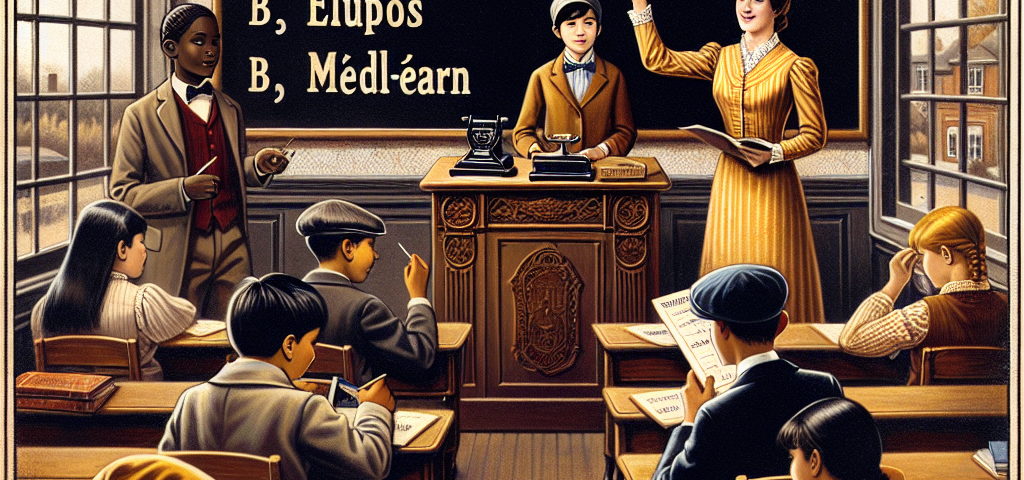
Quick and Easy: 10 Hacks to Learn French in Record Time!
May 27, 2025
Speak Like a Native: Top French Idioms for Your GCSE French Exam
May 28, 2025
Learning a new language can be both exciting and daunting, especially when navigating the nuances of everyday conversation. French, with its melodic phonetics and rich cultural context, is an increasingly popular choice among students. This guide will introduce you to essential everyday French terms that can enhance your vocabulary and boost your confidence in speaking.
Basic Greetings and Farewells
Bonjour
Meaning: Good morning/Hello
Usage: A polite greeting used until the evening.
Bonsoir
Meaning: Good evening
Usage: Used in the evening instead of "Bonjour."
Salut
Meaning: Hi
Usage: An informal greeting amongst friends or peers.
Au revoir
Meaning: Goodbye
Usage: The standard way to say goodbye.
À bientôt
Meaning: See you soon
Usage: A friendly way to indicate you will meet again soon.
À demain
Meaning: See you tomorrow
Usage: Used when you plan to see someone the next day.
Essential Expressions for Daily Interactions
S’il vous plaît
Meaning: Please
Usage: A polite request, essential in formal and informal contexts.
Merci
Meaning: Thank you
Usage: A basic expression of gratitude.
De rien
Meaning: You’re welcome
Usage: A response to "merci," indicating that it was no trouble.
Excusez-moi
Meaning: Excuse me
Usage: Used to get someone’s attention or to apologize.
Je suis désolé(e)
Meaning: I am sorry
Usage: An expression of apology; add an "e" if you identify as female.
Navigating Conversations
Comment ça va?
Meaning: How are you?
Usage: A common way to ask about someone’s well-being.
Ça va bien, merci.
Meaning: I’m fine, thank you.
Usage: A standard response to the above question.
Et vous?/Et toi?
Meaning: And you?
Usage: Used to reciprocate the inquiry. "Vous" is formal, while "toi" is informal.
Qu’est-ce que c’est?
Meaning: What is this?
Usage: Useful for asking about objects or concepts.
Parlez-vous anglais?
Meaning: Do you speak English?
Usage: A practical question for non-French speakers.
Common Vocabulary for Everyday Life
Oui
Meaning: Yes
Usage: The affirmative response.
Non
Meaning: No
Usage: The negative response.
Peut-être
Meaning: Maybe
Usage: To express uncertainty.
L’eau
Meaning: Water
Usage: Essential vocabulary for any dining experience.
La nourriture
Meaning: Food
Usage: A general term for all kinds of food.
Où sont les toilettes?
Meaning: Where are the restrooms?
Usage: A crucial question for navigating public spaces.
Tips for Learning
- Practice Regularly: Consistency is key. Try to practice a few terms daily.
- Engage with Media: Listen to French music, watch movies, or read books. This helps with pronunciation and context.
- Language Exchange: Partner with a native speaker for practice. Engaging in conversation reinforces learning.
- Flashcards: Create flashcards for essential terms and phrases to aid memorization.
- Use Apps: Language-learning apps can provide interactive ways to enhance your vocabulary.
Conclusion
Familiarizing yourself with basic French everyday terms will greatly enhance your ability to communicate and connect with others. From greetings to essential vocabulary, mastering these words and expressions can make your experience in French-speaking environments much more enjoyable. So, whether you’re traveling, studying, or simply exploring a new culture, let these terms guide you from "Bonjour" to "Au revoir." Happy learning!

